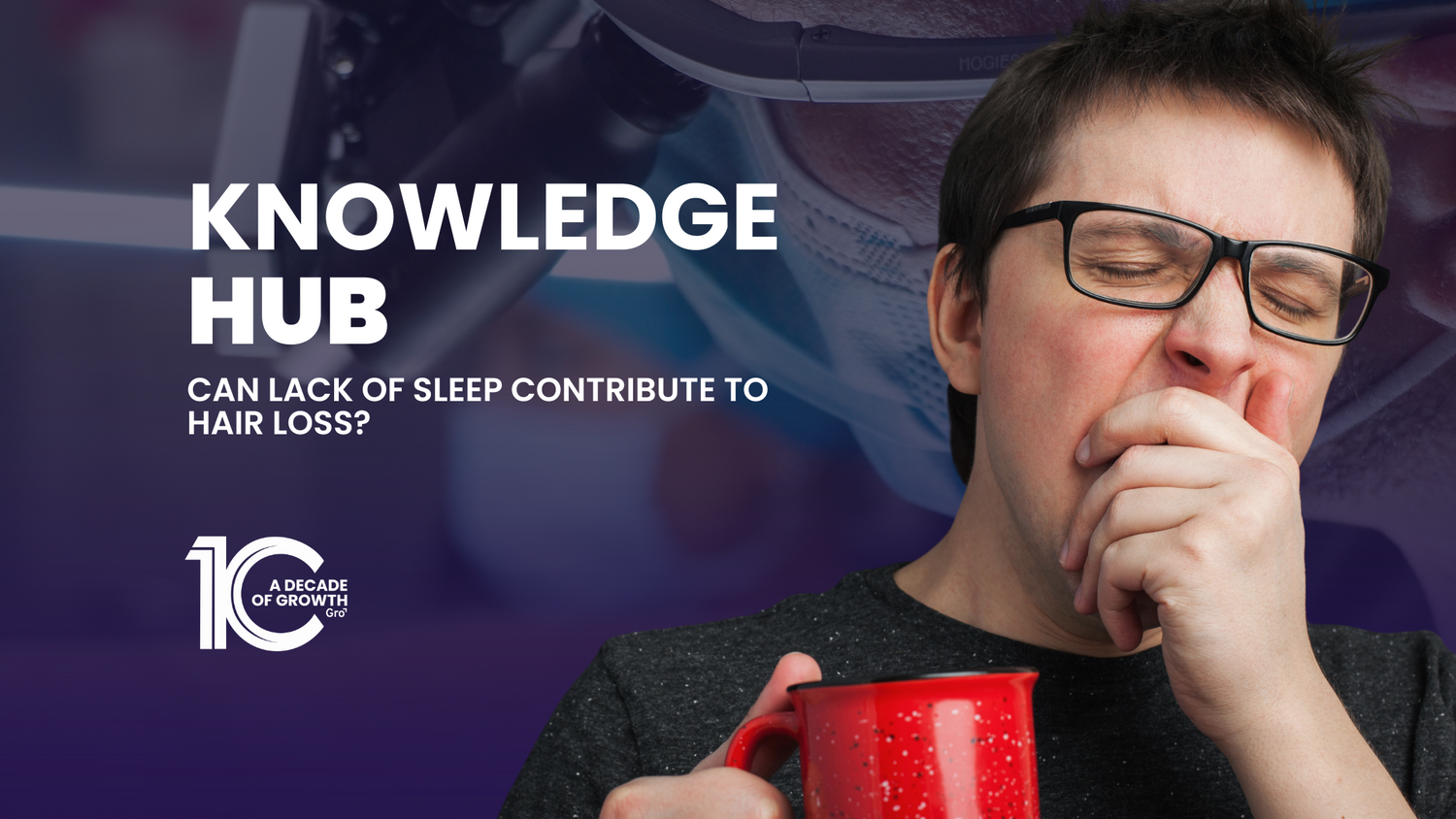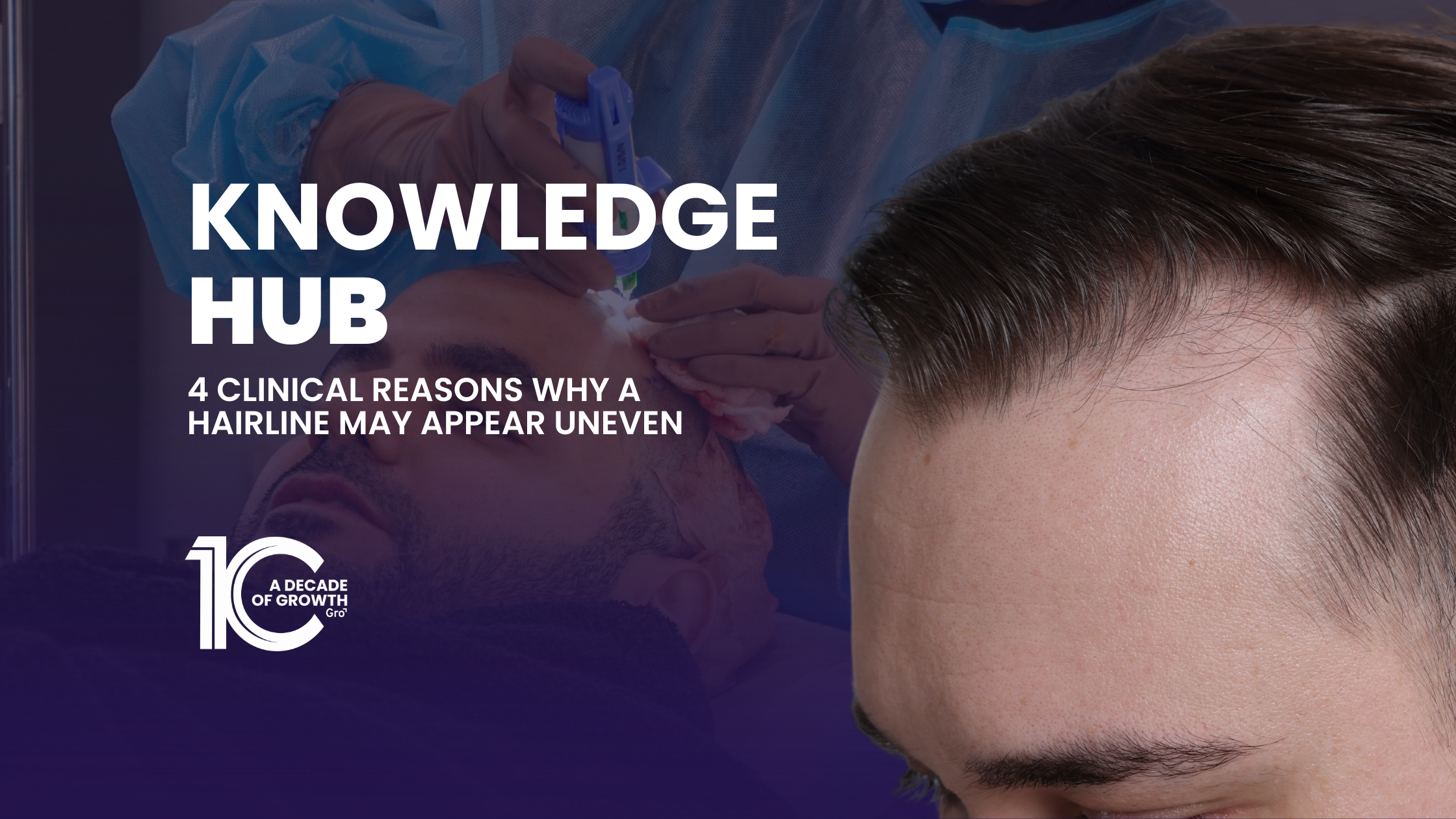Sleep plays a vital role in overall wellbeing. From immune function to hormone regulation, cognitive performance to tissue repair—restorative sleep supports nearly every aspect of health. But can poor sleep habits also affect hair growth?
This article explores the connection between sleep and hair loss, and what you can do to support healthy hair growth.
How Sleep Affects the Body
During deep, restful sleep, the body undergoes cellular repair, hormonal regulation, and immune system support. Disruptions to sleep—whether from poor sleep quality, insufficient hours, or irregular schedules—can place physiological stress on the body.
When this happens over time, the body may prioritise essential functions. Hair growth is not considered essential, which may result in changes to the natural growth cycle.
Sleep and the Hair Growth Cycle
Hair grows in cycles: active growth (anagen), transition (catagen), and rest/shedding (telogen). Factors like physical stress—including disrupted sleep—can push more follicles into the resting phase, known as telogen effluvium. This results in increased shedding a few months after the stressor occurs.
While telogen effluvium is often temporary, prolonged or repeated disruptions may delay recovery or contribute to ongoing thinning. Sleep deprivation may also amplify other contributing factors, such as stress or hormonal imbalances.
Sleep, Stress and Hair Loss
Chronic poor sleep is associated with elevated stress hormone levels. This can affect the hair cycle by shortening the growth phase and increasing the rate of shedding.
In people with a genetic predisposition to patterned hair loss, high stress levels may accelerate the timeline of visible thinning. However, poor sleep alone is unlikely to be the sole cause of ongoing hair loss.
Can Hair Loss Be Reversed With Sleep Improvements?
In some cases, addressing lifestyle factors such as stress management, sleep hygiene, and diet can support hair recovery—especially if loss is recent or stress-related.
For persistent or patterned hair loss, a personalised treatment plan may be more appropriate. This can include options like:
- Prescription haircare
- Growth factor therapy
- Low-level light therapy (LED)
- Hair transplant procedures
When to Speak to a Hair Growth Advisor
If you're noticing consistent shedding or hair thinning and aren't sure where to start, a consultation with a Hair Growth Advisor can help you understand your options.
Gro Clinics offer in-person and online consultations to guide you through potential causes and suitable next steps.
Visit a Clinic Near You
Gro Clinics are located across Australia and New Zealand:
Book your consultation or ask a question to learn more about your options.












